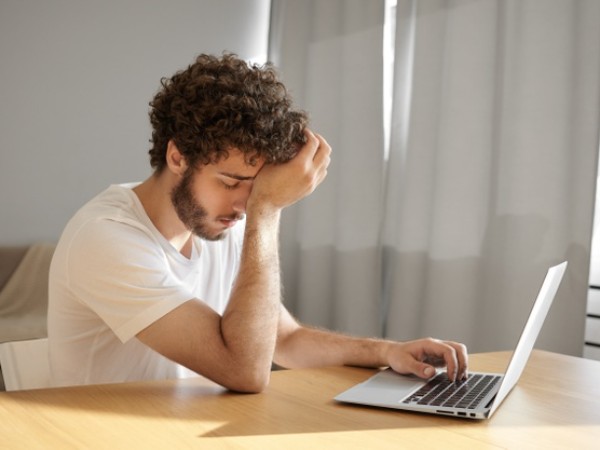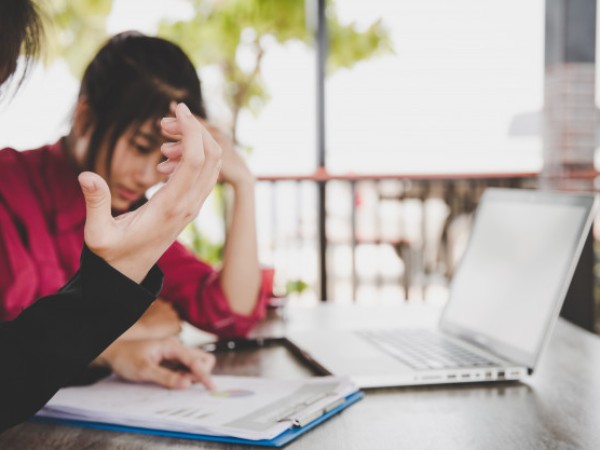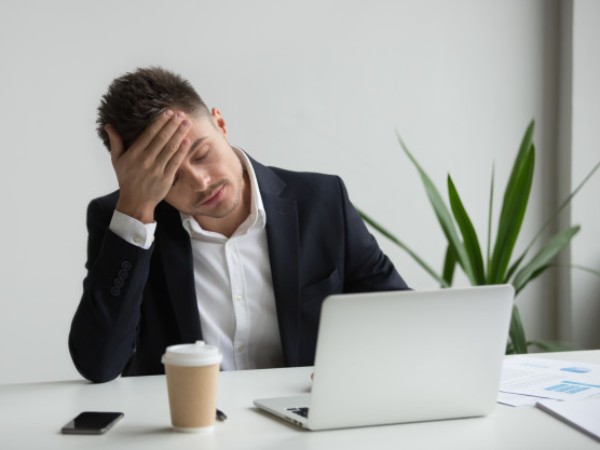
What Is Kakorrhaphiophobia?
Kakorrhaphiophobia is the term used to define the abnormal, persistent, irrational fear of failure [1]. It is understood as the most extreme version of doubt, uncertainty, anxiety about our capabilities, and fear of what others will think and is common. Those exhibiting this phobia may suffer from very low self-esteem and may find themselves to be very anxious.
 COVID-19 Triggered Mucormycosis: Everything You Need To Know
COVID-19 Triggered Mucormycosis: Everything You Need To Know
This persistent fear of failure can restrict an individual, refraining themselves from doing anything at all. The level of fear varies from one person to the other. People with kakorrhaphiophobia may overtly recognise their own shortcomings and disadvantages in life.

What Causes Kakorrhaphiophobia?
Kakorrhaphiophobia has its roots in childhood and develops as a result of punishments and demeaning one faces from an authoritative figure when one fails to perform any task. This inherent fear or infliction tend to grow as the person grows up, with more reasons to doubt one’s abilities to succeed [2]. Growing up in an environment where you were greatly pressured to achieve things and set goals could possibly have had a negative effect on any individual.
Social pressure, peer pressure, educational and occupational stress can all contribute towards the development/worsening of kakorrhaphiophobia or fear of failure in an individual. The constant fear of failing can develop the need to prove oneself constantly through external actions. At the same time, the same fear can stop you from pursuing risks, thus damaging your esteem further [3].

What Are The Symptoms Of Kakorrhaphiophobia?
Clinically, there are no specific symptoms associated with this condition. But the following are some of the symptoms or actions people with an extreme fear of failure have shown, according to health experts [4][5]:
- Constantly and pessimistically predicts the results of their actions
- Fear or lack of interest in doing simple tasks such as shopping, due to the fear of not being able to drive properly or hail a cab
- Coming up with several excuses to justify their fear
- Pursues things that are easy
- Fear accompanied by panic and anxiety attacks, nausea and vomiting
- Sweating
- Dry mouth
- Trembling
- Increased blood pressure
- May also exhibit atelophobia (fear of imperfection)
- Regretful and hesitant

What Is The Treatment For Kakorrhaphiophobia?
There are no specific treatments for kakorrhaphiophobia. Doctors and psychologists prescribe cognitive behavioural therapy (CBT), exposure therapy, and anti-anxiety medication, which may help reduce the symptoms associated with the condition [6].
READ RELATED: The Most Amazing Château de Brissac, Brissac-Quincé, France
Anti-anxiety medications may help reduce the anxiety levels and help you perceive things more strongly, thereby opening yourself up to new things that can be benefitting.
Studies point out that exercise has been shown to be extremely beneficial for people suffering from kakorrhaphiophobia [7]. Cardiovascular exercises can help manage the anxiety levels and aerobic exercises can help release the feel-good chemicals in the brain, such as endorphins.
 Simple Home Exercises To Help You Burn Calories
Simple Home Exercises To Help You Burn Calories
In addition to this, experts point out that exercise can help condition the mind to better cope with stressful situations, and in this case, help reduce the symptoms of kakorrhaphiophobia by making it much easier for to cope with the associated anxiety and stress.
Some of the exercises/physical activities that have been proven beneficial for people with this condition are as follows [8]:
- Swimming
- Biking
- Skiing
- Walking
- Jogging
- Playing sports such as tennis, soccer, basketball, and racquetball
Avoid caffeine for kakorrhaphiophobia: Consuming large amounts of caffeine throughout the day can elevate one’s anxiety levels. Therefore, consuming little to no caffeine throughout the day may be able to significantly help reduce your day-to-day anxiety and symptoms associated with kakorrhaphiophobia.

On A Final Note…
If you think you may have kakorrhaphiophobia, talk to your doctor or make an appointment with a psychologist to know more about what is stopping you from living your life.
Source:









